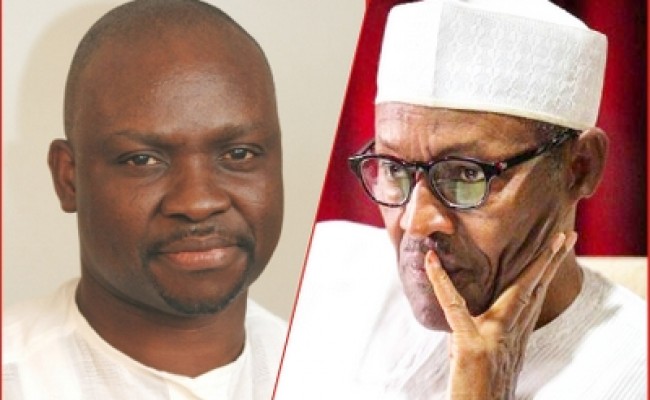Ayodele Fayose, governor of Ekiti state, has compared the All Progressives Congress (APC) to the “biblical prodigal son”.
Expressing concerns over the plan of the current administration to lend $1bn Eurobond, Fayose threatened to sue the federal government over the issue.

He said he was worried that the deal could plunge the country into more economic crisis.
On Thursday, the government issued $1 billion Eurobond, bearing an interest rate of 7.875%. It will mature on February 16, 2032.
The proceeds of the note is to fund capital expenditures in the 2017 budget.
In a statement issued by Idowu Adelusi, his chief press secretary, the governor demanded clarification on the beneficiaries of the bond.
“It is a prodigal government who wants to destroy this country. The rate at which it is taking loans, which would keep this country indebted till 2032, is quite unfortunate,” the statement read.
“The federal government is just one of the federating units making up Nigeria and revenues accruing to the country cannot be used to repay bond taken by the federal government for its own use alone.”
Accusing the federal government of shrouding its activities in secrecy, Fayose sough explanations about the source from which the debt will be paid.
“Is the payment going to be made by direct deductions from Nigeria’s crude oil sales or from federal government’s share from the federation account?” he asked.
“If it is going to be made directly from proceeds of crude oil accruing to Nigeria as a country, then the bond belongs to the federal, state and local governments and not the federal government alone.
“So, we have to find out and take steps. The federal government should bring the money and we share it; we take our percentage and it takes its own. The federal government cannot take that money and deduct from source and tell us that the money, which belongs to all federating units, is for it alone.
“We will definitely go to court and ask questions.”
The bond, which was issued under Nigeria’s newly-established global medium term note programme, is the third issuance after those of 2011 and 2013.







